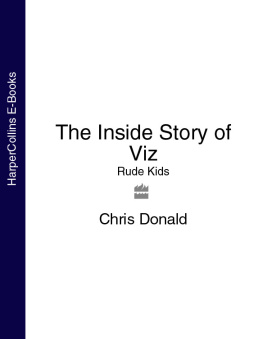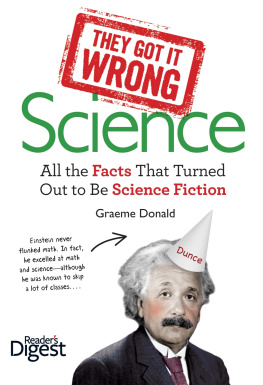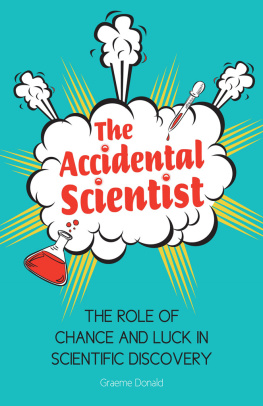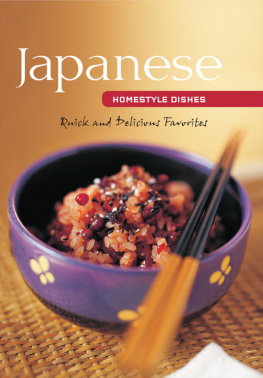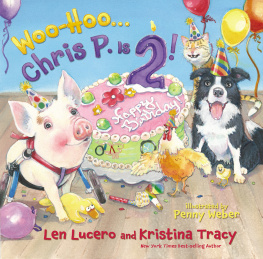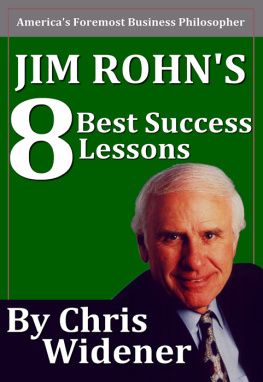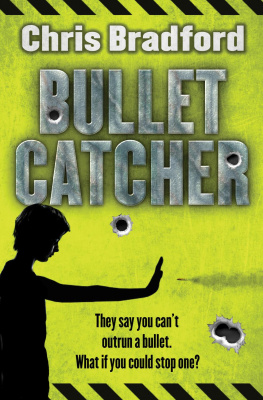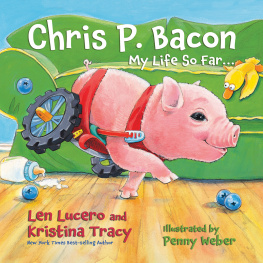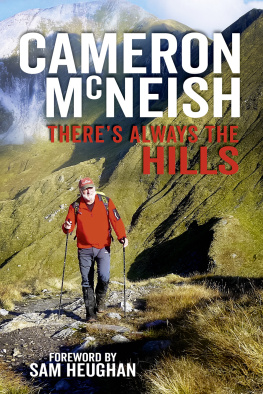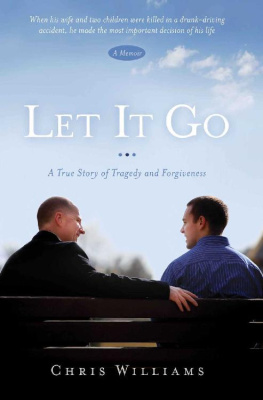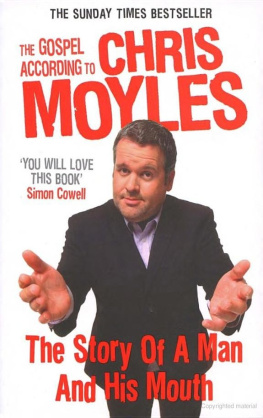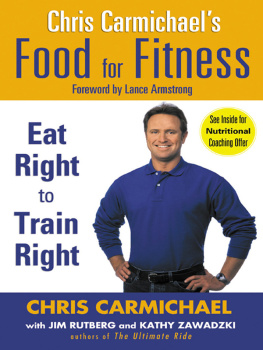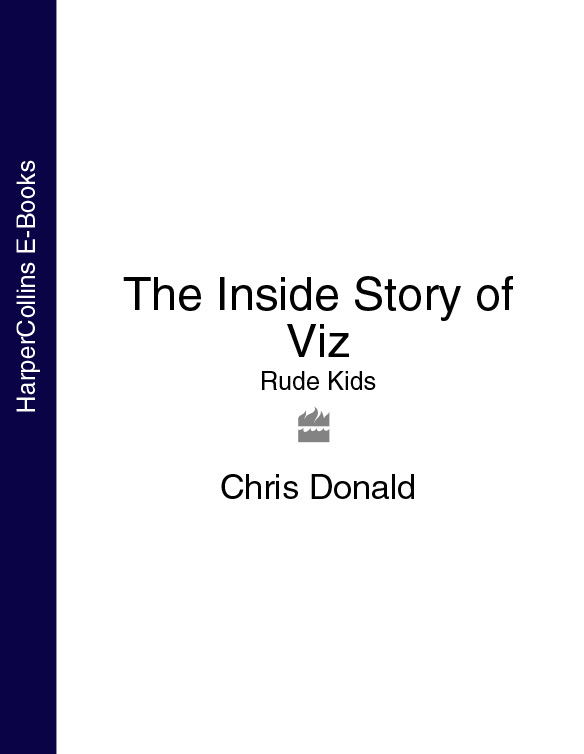Chris Donald has written a brilliant book... an enthralling story... and as youd expect from the creator of Billy the Fish and Roger Mellie, its also extremely funny.
The Guardian The Guide
If you havent read Chris Donalds excellent book about that excellent magazine, get your copy now while stocks last.
Evening Standard
Donald is lucid and engaging, and hes affably disrespectful to the celebrities he meets when his life turns (relatively) showbiz.
Q Magazine
The inside track on the why, who, how and what for of Britains greatest publishing phenomenon
Loaded
a very good read
New Statesman
Clunky
Time Out
Contents
Dedicated to the memory of my mum, Kay, who would not have approved.
Also to my dad, Jimmy, and my wife, Dolores.
Oh, and hi to my kids. Hi kids.
Way back in 1992 Viz publisher John Brown suggested I write a blockbuster book telling the story of our magazine. And what a remarkable story it would be. In the space of a few years the tatty rag Id started from my Newcastle bedroom, with a print run of 150, had grown to become the third best-selling magazine in Britain, with an astonishing circulation of 1.2 million, outselling Womans Own, Cosmopolitan and Hello! Only the Radio Times and TV Times sold more copies. Viz was a publishing phenomenon, revolutionizing the magazine market and making household names of Biffa Bacon, Johnny Fartpants and Buster Gonad. Its social effects had been dramatic too, launching words like oo-er! hatstand and hairy pie into the national vocabulary, and paving the way for the great 1990s chauvinism revival through politically incorrect stereotypes like Sid the Sexist and the Fat Slags. Viz had even pre-empted the chronic decline of TV broadcasting standards through the creation of Roger Mellie the Man on the Telly.
As the founder and editor of Viz I had enjoyed a remarkable, rags-to-riches, roller-coaster ride of against-all-odds achievement and outrageous controversy. Id won publishing awards, offended gypsies, been invited to tea by Prince Charles, and been taken in for questioning by officers of New Scotland Yards Anti-Terrorist Branch. Along the way Id gained incredible insights into the world of light entertainment as I launched, almost single-handed, the hugely successful showbusiness careers of Harry Enfield and Caroline Aherne, to name but two. Id caught my wife up to no good with Keith Richards in Peter Cooks attic, Id wined and dined the delightful Catherine Zeta-Jones, and Id seen John Leslies cock in the showers at a celebrity football match. By any standards the book would have been a sensation a bean-spilling, blockbusting, number-one best-seller.
But I turned to John and I said, No. I didnt want to write a book at that stage. I didnt need money I was already a millionaire. I drove a BMW, holidayed at Sandy Lane, and bought ridiculous childrens bedroom furniture from Harrods. And I didnt want to write a book that would crassly hit the shelves while Viz was at the peak of its popularity. Unlike Geri Halliwell and England rugby skipper Martin Johnson, for example, I dont believe in the opportunist, cash-in autobiography. I prefer to see a fuller picture, a retrospective view. For me the most interesting part of Brian Cloughs autobiography would not be the glory days, the championship victories and European Cup success. Id want to read the bit where he ended up asleep in a neighbours hedge, pissed as a fart. And if I was reading Rod Hulls autobiography I wouldnt want to hear him brag about knocking Michael Parkinson off his chair in the 1970s. Id want to know what the fuck he thought he was doing up on that roof.
Unfortunately Rod Hulls book can never be published, but Im hopeful this one will. Because now that Viz has reached its twenty-fifth anniversary, and Roger Mellie has had a few problems with his own TV aerial, this seemed like a perfect time to write it.
Chris Donald
January 2004

We were not rude kids to begin with. When I was ten my family moved to a nice terraced house in Jesmond, a leafy suburb of Newcastle. At the bottom of our new garden was a quiet road where we could play football relatively undisturbed by passing cars, and just across the road was a railway line. On the first day in our new home I joined in a game of football with some of my new neighbours. Wed not been playing for very long when the game suddenly stopped and everyone leapt up onto the fence alongside the railway. Not wishing to be the odd one out I joined in. Suddenly there was a loud throbbing sound from behind the trees and bushes to our left where the railway emerged from a cutting, and a filthy diesel engine crawled slowly into view, a hazy plume of black fumes rising above it. The iron railings in my hands vibrated as the train struggled up the bank, and as it passed us everyone shouted out the number written on the side of the drivers cab. 8592! they all said. Naturally I joined in. 8592, I said, although I didnt know quite why. From that moment on I was a train-spotter.
Coincidentally this was 1970, the year that The Railway Children movie was released. But there was no old gentleman waving at us from the last carriage ours was a filthy goods train heading for the Rowntrees sweet factory at Fawdon and life for the railway children of Lily Crescent wasnt quite as exciting as it was in the movie. There were no landslides or disasters to be averted. Instead we passed the time putting coins on the track and watching them get squashed, or smoking cigarettes in an old platelayers hut up the line. And rather than steal coal from the station yard and give it to my poverty-stricken mother, I stole Coke bottles from the back of the off-licence adjoining the railway and returned them the next day to collect a sixpence deposit.
The Bobbi figure of our gang was Justin, the eldest and by far the most sensible train-spotter in our street. Alas, he looked nothing like Jenny Agutter. He was snotty-nosed, bespectacled, and had rather greasy hair. Needless to say he wore an anorak, a blue one with toggles, hood and an array of commodious pockets. Justin liked all sorts of numbers, not just train numbers. When we played cricket in the street he kept score, worked out the batting averages, bowling figures and run rates. He administered our local Subbuteo football league, all three divisions of it. He also organized weekly visits to Newcastle Central station and Gateshead engine sheds, as well as outings to more exotic locations, like Cambois.
Train-spotters have always had a bad press and I dont want to add to that here. Most of the criticism is born of ignorance. Think of train-spotting like fishing. You sit and you wait, often for hours on end, for something to happen. Yes, its boring, but as with fishing thats the whole point. When a train finally appears, one you havent seen before, its every bit as exciting and fulfilling as catching a fish, but with the obvious advantage that no fish are harmed in the process. Its a perfectly healthy and harmless pursuit.
Train-spotting also provided me with an escape from home life, which could be a little tiresome at times. My dad wasnt wrongly imprisoned for spying, but my mum had suffered an equally cruel injustice. In 1963 she was diagnosed with the incurable disease of the nervous system, multiple sclerosis. Her condition was gradually deteriorating and wed moved to our new house by the railway in anticipation of her becoming totally wheelchair-bound. The plan was that Mum and Dad would live entirely on the ground floor, which left me and my two brothers with the upstairs to ourselves.

